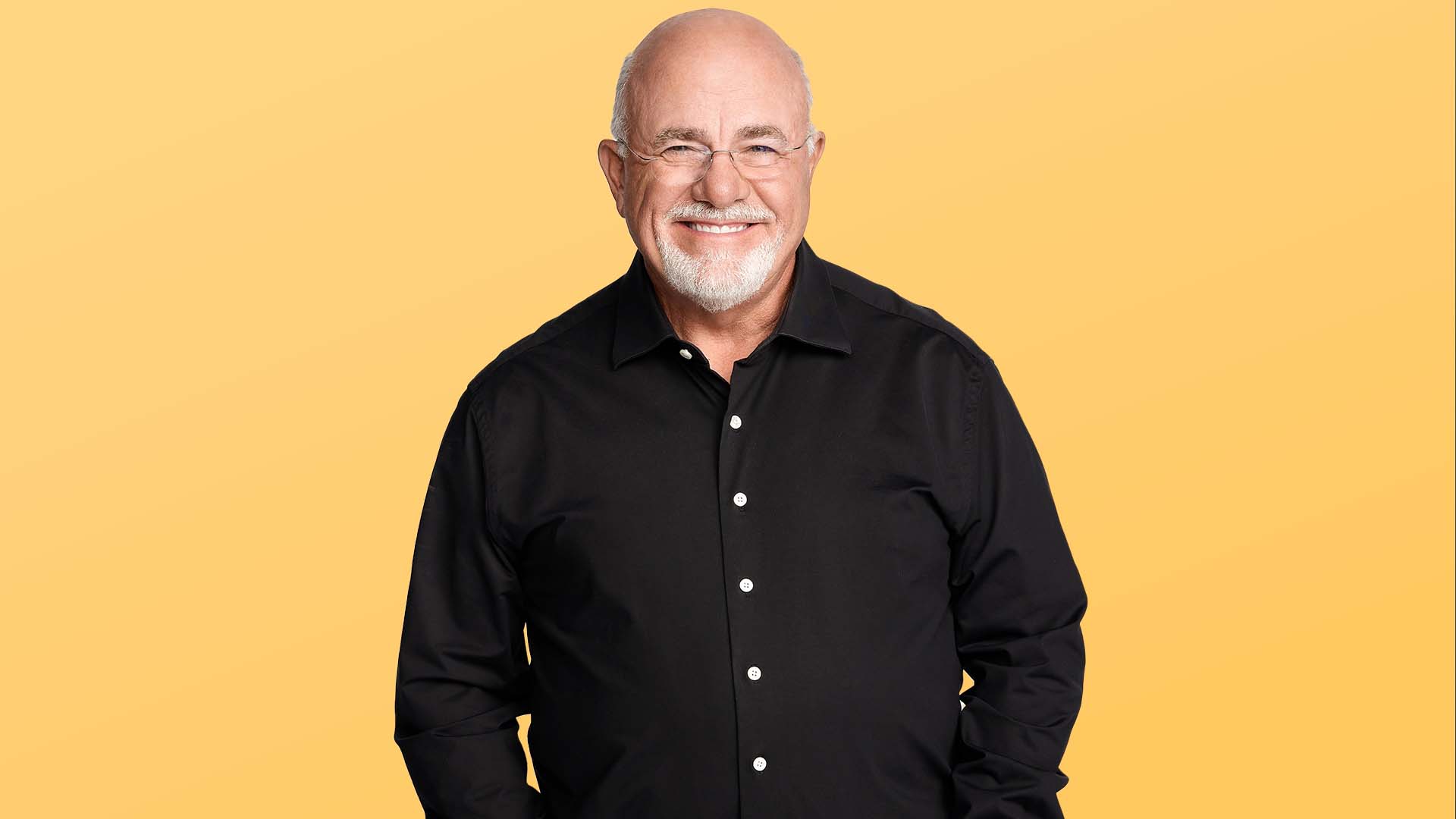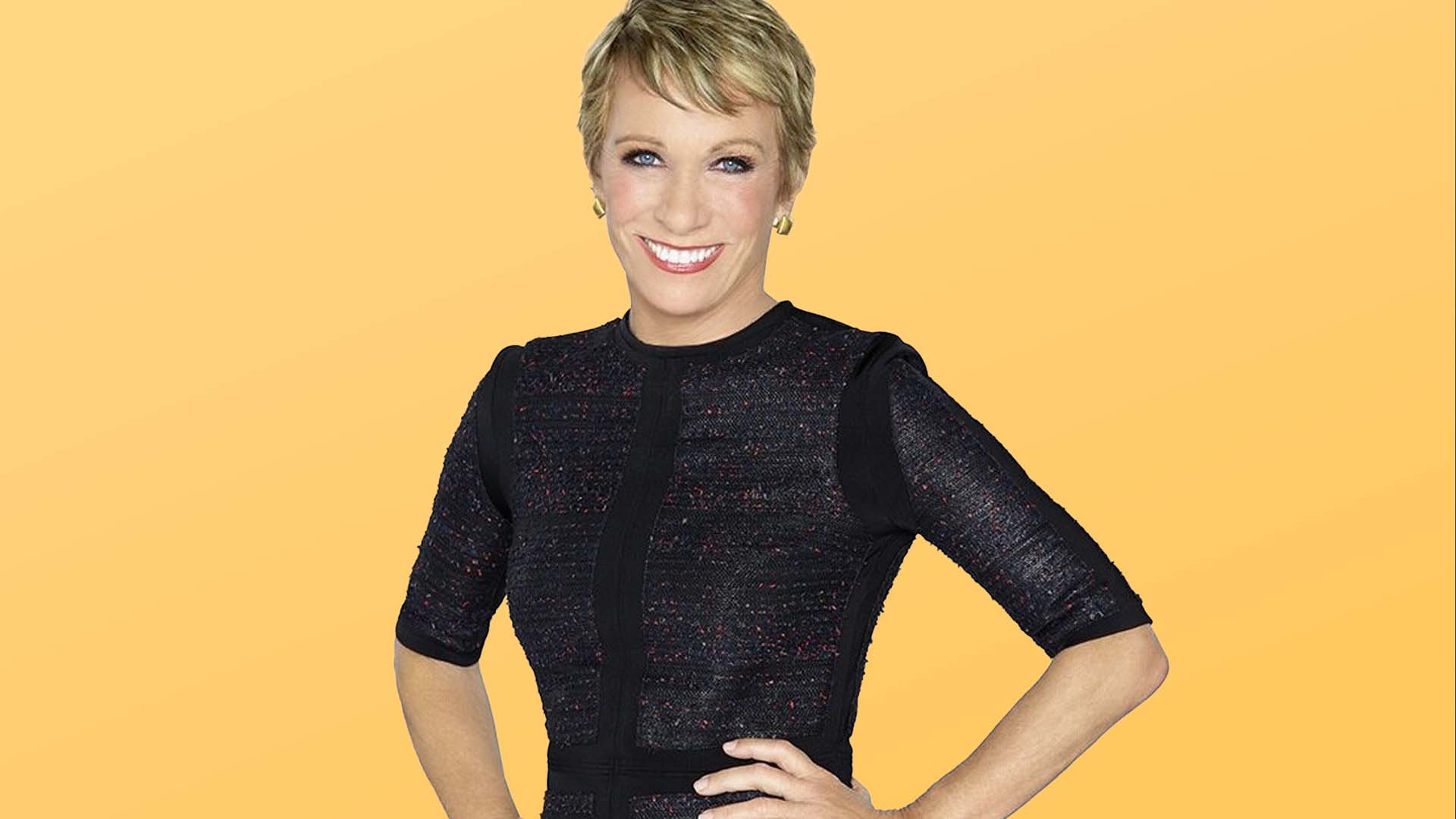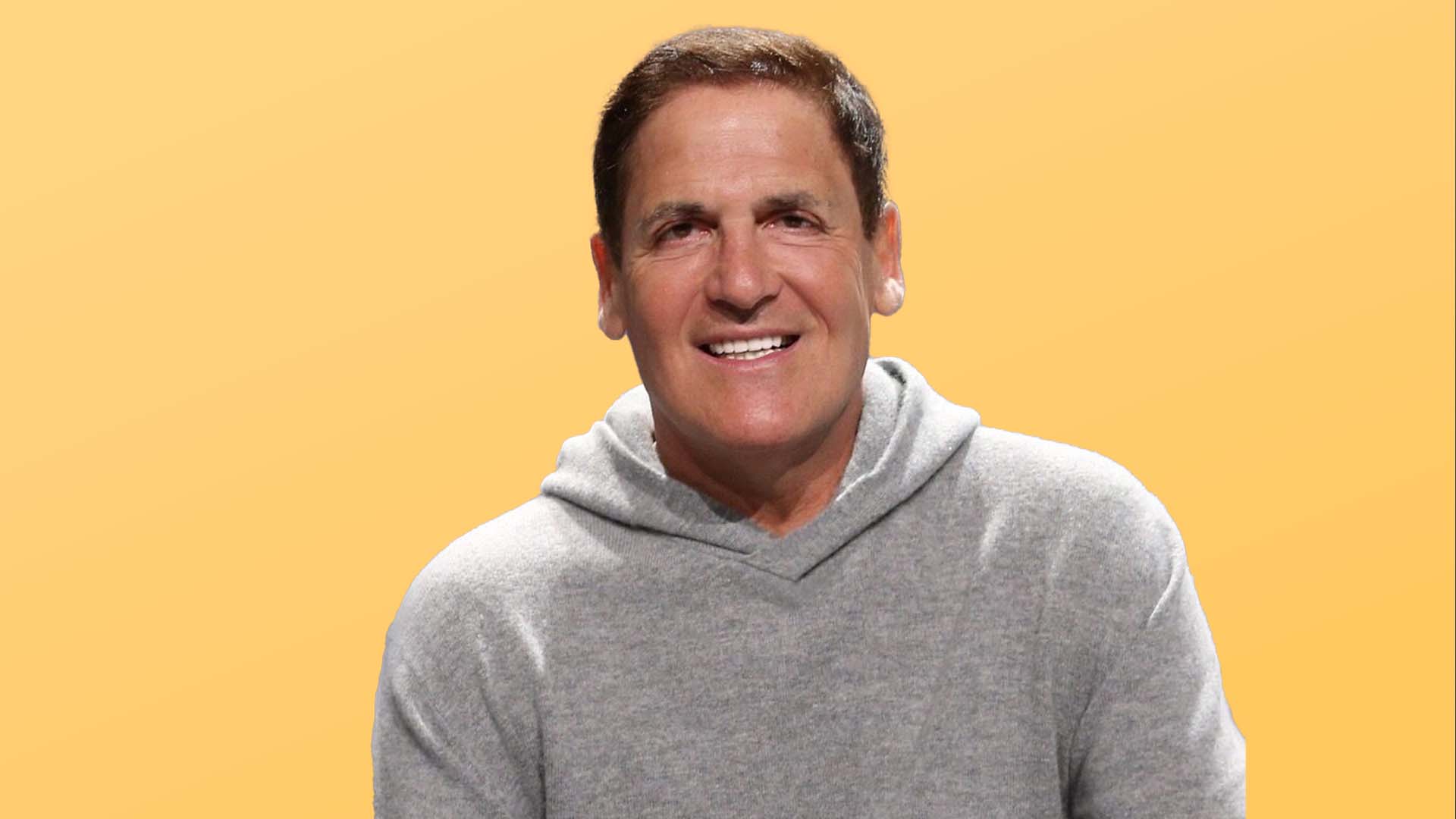Tony Robbins: The No. 1 Thing That Will Transform Your Money Life

Commitment to Our Readers
GOBankingRates' editorial team is committed to bringing you unbiased reviews and information. We use data-driven methodologies to evaluate financial products and services - our reviews and ratings are not influenced by advertisers. You can read more about our editorial guidelines and our products and services review methodology.

20 Years
Helping You Live Richer

Reviewed
by Experts

Trusted by
Millions of Readers
If anyone knows how to get other people motivated, it’s Tony Robbins. The bestselling author, entrepreneur, and renowned “CEO whisperer” (though he’s advised a few presidents, too), has been helping people all over the world find their spark in all areas of life, including how they manage their money.
For Robbins, finding motivation to continually learn and grow in money matters, overcoming your fears that you won’t be successful — or, paradoxically, that you will — and keeping moving forward are some of the most important factors in growing real wealth over time.
But the No. 1 thing that will change your financial life forever, Robbins says, is discovering your “true north” — a clear, deeply personal reason grounded in your values that pulls you toward your money goals and keeps you consistent, even when motivation fades.
That said, Robbins admits the word motivation itself can be misleading. GOBankingRates spoke with him to explore why — and how understanding this can help you stay focused on your financial journey.
Motivation Isn’t Always What You Think It Is
Though Robbins is seen as a gifted motivator, he actually has some hesitancy about the word “motivation.” Too often, people think of it as a force that compels them to act in their own best interests, a matter of blunt willpower he calls “push motivation.” But Robbins cautions that willpower alone comes with limits. Instead, he encourages you to consider your “true north” for achieving your money goals.
“Then there’s pull motivation — something you care about more than yourself, a magnificent obsession, something where you’re contributing,” he said. “It could be your kids. It could be your family. All of that ties to your values, the ones that are most important to you and will pull you toward what you want.”
Being motivated by your values is important because it will help you stay consistent in cultivating good financial habits. As Robbins describes it, “We experience the life we focus on,” meaning that if we work to create good habits with good outcomes, we’re more likely to stick with these positive behaviors long-term.
“All human progress comes from consistent and committed action, from decisive action. But there’s a factor we owe that power to. The emotion of certainty,” he said. “Certainty isn’t something fixed — it’s something you create. It’s in your physiology. It’s in your step, in your eyes, the way you smile, the way you move … certainty and a clear pull from your values will keep you consistent.”
Reclaim Your Passion From Fear
Of course, even the most certain, determined human is still, well, human — and that means being prone to fear and anxiety. Robbins explains that feeling these emotions is only natural, in no small part because fear is actually more complicated than we might think.
“Fear is what stops people in any area of life — whether it’s their relationship, their business, their career, or their body,” he said. “It shows up as fear of failure, fear of success, fear of rejection, fear of the unknown.”
Fear puts a real damper on your money mindset, curtailing your ability to truly hope for a better life — and if you can’t hope for a better life, you can’t imagine it. And if you can’t imagine it, how are you supposed to bring it into being? Ironically, the human urge for consistency can work against you in these cases.
“If you don’t get your hopes up, you don’t commit. You don’t give your all because you’re afraid of failing, and you won’t follow through. Over time, this creates a limiting identity,” Robbins said. “The strongest force in the human personality is the need to stay consistent with how we define ourselves. So, when someone starts saying, ‘I’ve tried everything and nothing works,’ that story becomes their truth — and it keeps them stuck.”
How do you get yourself out of this sticky situation? Robbins wants you to “get hungry again.” Think about what excites you and pulls you forward. In money matters, this could be a desire to retire early or fund your child’s education. He sees transforming fear into action as a two-fold gesture: As you ramp up your appetite, he wants you to also get honest with yourself about what’s been holding you back, like a limiting belief or bad habit.
“Create a simple map: a few small actions you can take immediately. Don’t wait for it to be perfect. Take action. Slay the dragons. Build momentum,” he said. “And as you do, practice daily, measure your progress, and celebrate even the small wins. Because where focus goes, energy flows — and if you shift your focus from fear and impatience to progress and possibility, you’ll move forward.”
Don’t Worry About Being Perfect — Just Act
Part of moving toward progress and possibility means taking action, even if your circumstances feel less than ideal. Robbins encourages you to get started as soon as you can, with whatever resources you have available — using investing as an example.
“If you don’t invest early on, you lose. That’s because one of the most common mistakes most people make is failing to take advantage of compound interest,” he said. “I made my first investment when I was 18, and I didn’t have a lot, but I knew this principle. Compounding is the most powerful force for wealth creation if you give it time.”
Robbins shares a vivid example to illustrate the power of starting early with investing:
“Take two 19-year-olds, each investing $300 a month ($3,600 a year) from age 19 to 27 — just eight years. They put it into the market at a 10% annual return, the stock market’s average over the last century. One stops contributing at 27 and lets it compound. The other starts investing $300 a month at 27 and continues until age 65 — 38 years of investing versus eight.
“Who has more money by 65? The person who started early and stopped at 27 ends up with almost $2 million ($1,985,000). The one who started later but invested longer has about $1.38 million. That’s the power of compounding and starting early,” Robbins explained.
In other words, the best time to start investing was yesterday. The second-best time is right now.
Consistent habits, applied over time, can improve your finances and grow real wealth. Maintaining those habits isn’t just about willpower — it’s about having emotional clarity behind every financial goal or action.
“I get crystal clear on what I want financially or in business, and I tie it to a deep emotional reason — a ‘why’ that’s bigger than just money,” said Robbins. “When your why is powerful enough, it pulls you through tough winter seasons. Clarity means getting laser-focused on exactly what you want — down to the numbers, the lifestyle, even how it will feel when you achieve it.”
This article is part of GOBankingRates’ Top 100 Money Experts series, where we spotlight expert answers to the biggest financial questions Americans are asking. Have a question of your own? Share it on our hub — and you’ll be entered for a chance to win $500.
Laura Bogart contributed to the reporting for this article.
 Written by
Written by  Edited by
Edited by 












































































































